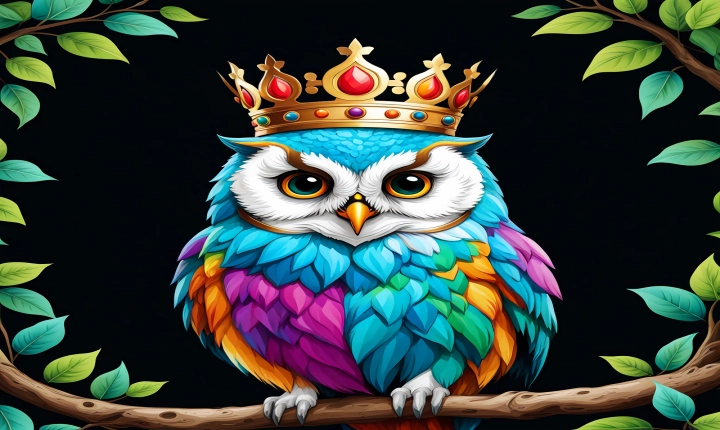Artificial intelligence (AI) has quickly become an invaluable tool in various industries, and the world of music is no exception. With its ability to analyze vast amounts of data and learn from patterns, AI is revolutionizing the way music is created, produced, and even enjoyed.
One of the most prominent uses of AI in music is in the composition process. AI programs can analyze extensive libraries of existing music to identify trends and patterns in melodies, harmonies, and rhythms. Using this data, AI algorithms can then generate new musical compositions based on the styles and characteristics of the analyzed music.
This use of AI has opened up exciting possibilities for musicians and composers, allowing them to explore new creative avenues and find inspiration from unexpected sources. AI-generated music can also offer fresh ideas and new perspectives, helping artists break through creative blocks and fostering experimentation and innovation.
Furthermore, AI has proven to be a valuable resource in aiding musicians during the production stage. AI can be used to analyze audio data, identify specific elements within a piece of music, and even suggest changes to improve the overall sound quality. This can save time and effort for musicians and producers, as AI algorithms can quickly process and analyze audio tracks to provide valuable insights and recommendations.
In addition to composition and production, AI has also been employed to assist in the curation and recommendation of music for listeners. Streaming platforms leverage AI to create personalized playlists based on users’ listening habits and preferences, introducing them to new music that aligns with their tastes. AI-powered recommendation systems have become an essential feature for music streaming services, enhancing the overall user experience and helping users discover new artists and genres.
Another fascinating application of AI in music is the development of AI-powered virtual musicians. These virtual entities are created using AI algorithms that can perform and compose music on their own. They are capable of learning and evolving over time, enabling them to adapt their musical style and performance based on user feedback and interactions. Virtual musicians powered by AI have the potential to revolutionize the concept of live performances and composition, blurring the line between human and AI-generated music.
Despite the many advantages that AI brings to the world of music, it also raises important questions and challenges. Critics argue that the use of AI in music creation may diminish the role of human creativity and artistry. There are concerns that reliance on AI-generated music could lead to homogenization and a lack of diversity in musical expression. Additionally, the ethical implications of AI-generated music, such as ownership and copyright issues, need to be carefully considered and addressed.
As AI continues to advance, it is clear that its impact on the music industry will only grow stronger. The integration of AI in music creation has the potential to empower musicians, inspire creativity, and enhance the overall music experience for both creators and listeners. While there are challenges to overcome, the ongoing development and exploration of AI in music represent an exciting frontier in the evolution of musical expression.
